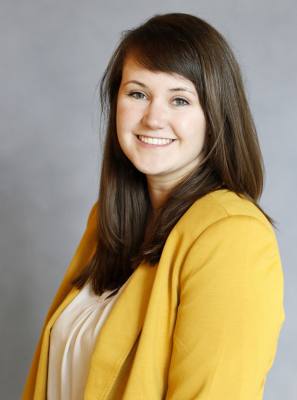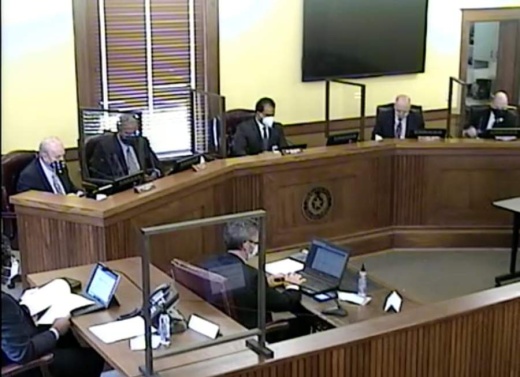The Fort Bend County Commissioners Court agreed to host a discussion and workshop to decide how to distribute the $134.3 million in federal funds from the direct allotment from the Coronavirus Aid, Relief and Economic Security Act.
This was decided at the May 12 regular meeting of the Commissioners Court after the commissioners listened to eight public speakers—including the Sugar Land, Fulshear and Meadows Place mayors—discuss their priorities for the funding during public comment.
The commissioners and county administration discussed holding a special court meeting May 19 to discuss and potentially take action on the topic.
A first draft of the budget for how to spend the funds was crafted and provided to the court based on two meetings of the Fort Bend CARES Act Distribution Advisory Committee and initial suggestions from county commissioners. The upcoming workshop will help to fine tune the final draft.
“The budget is a living, breathing document,” Precinct 2 Commissioner Grady Prestage said. “It's not one-shot. [There are] a lot of things we don’t know right now that we’re trying to figure out.”
According to the proposed budget, about $21.3 million would go to the Fort Bend County Health and Human services for testing, tracking and treating the coroanvirus. Also, $20 million would be put into a grant program to fund local entities COVID-19 mitigation activities. Cities within Fort Bend County will also receieve funding based on their population.
Another $15 million would go to a rental assistance program, and yet another $15 million would help local hospitals and clinics. Roughly $5 million was set aside for a small business grant program.
The proposed budget in full is available at the end of this article.
Wishlists
Precinct 3 Commissioner Andy Meyers along with several public speakers who said they were part of the advisory committee expressed their ideas for how to spend the county’s funds from coronavirus rescue package at the May 12 court meeting.
According to April 22 guidance from the U.S. Department of Treasury, the funds from coronavirus rescue package must be used for COVID-19-related expenses, such as testing sites, personal protection equipment and technology to local schools.
Funds are not allowed to help governments cover any revenue losses from COVID-19 in an adopted budget. The funds can only be used for coronavirus prevention efforts.
However, during public comment at the May 12 court meeting, Sugar Land Mayor Joe Zimmerman and Jennifer May, Sugar Land assistant city manager, specifically asked for financial help to cover the municipality’s’ revenue shortfall.

“It is extremely important to continue to identify a revenue loss is a priority for these funds, as it may be more likely that the federal government will retroactively broaden the use of the funds previously allocated than it is that they will issue new funding,” May said.
Meanwhile, Meyers said he wanted additional assistance for local businesses to help residents return to work and receive a pay check. Bryan Guinn, the Fort Bend ISD chief financial officer, said the district hopes funds will go toward feeding hungry children and mental health services.
Jeffrey Wiley, president and CEO of the Fort Bend Economic Development Council, said his main priorities—after purchasing disinfectant supplies and personal protective equipment as well as assisting COVID-19 testing sites and contact tracing—were to provide payroll reimbursements for first responders, improve hospitals and set up business grant programs.
Both Fulshear Mayor Aaron Groff and David Sincere, senior pastor at Fort Bend Transformation Church and founder of Advocacy Now Institute, asked for resources to fight homelessness.
Spurgeon Robinson with MPACT Strategic Consulting LLC—which is advising the committee, he said—said the goal is to help prioritize the needs of the county for these federal funds.
“We're trying to work with the group identify from just not a subjective manner, what is important to the county, but also put some analytics around it,” Robinson said. “How are you going to maximize—with the funding that you have—the results that you need to make sure all citizens’ needs are addressed and prioritized?”





